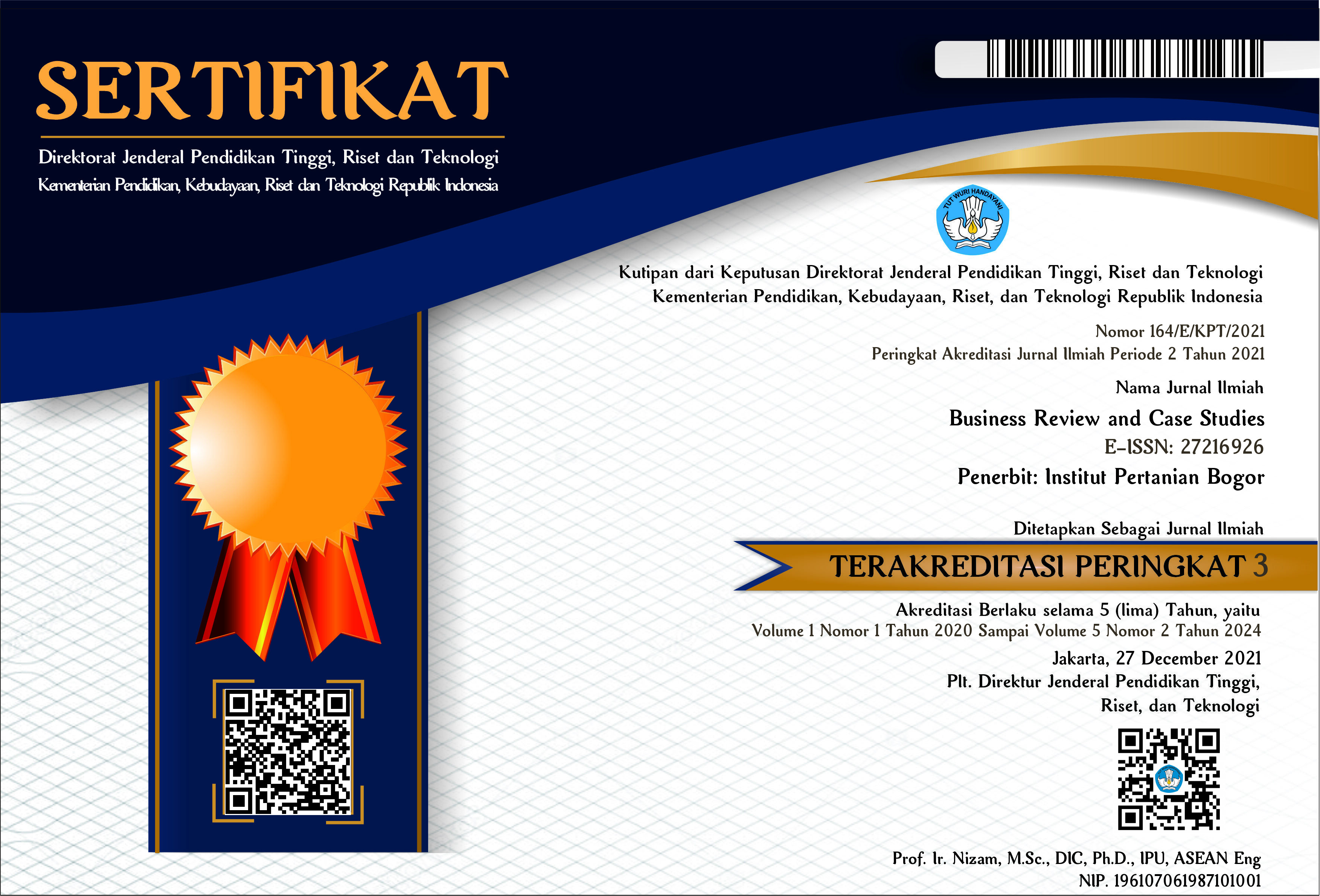Assessing The Impact of Carbon Taxation Plan of Coal Companies Default Risk in Indonesia
Abstract
Background: Increased greenhouse gas emissions from fossil fuel use can significantly increase global temperatures, contribute to climate change, and negatively impact human health. To address this issue, Indonesia signed the Paris Agreement in 2015, and proposed the implementation of a carbon tax regulation. The Indonesian government has designated Steam Power Plants (PLTU) as subject to a carbon tax starting in 2025. Other sectors, including coal mining, will also be subject to carbon tax gradually.
Purpose: This study is designed to explore the influence of a carbon tax on coal companies in Indonesia, with a focus on their Probability of Default.
Design/methodology/approach: The study sample comprises 17 companies listed on the Indonesian Stock Exchange (IDX). The study utilises a quantitative approach and employs descriptive statistical analysis for data analysis. Panel data, which are a combination of time-series data spanning a five-year period from 2018 to 2022, and cross-sectional data in the form of publicly available company secondary data, were used in this study.
Findings/results: The analysis reveals that the current ratio, debt-to-equity, oil price, and carbon tax have a significant impact on the probability of default. However, Gross Profit Margin, Net Profit Margin, and time interest earned were found to have no significant effect. The implementation of carbon policy was found to increase the probability of default by 42.5% in this research model.
Conclusion: These findings emphasise the importance of effective capital structure management through DER monitoring and liquidity optimisation through current ratio management. Company management needs to develop a comprehensive strategy that not only focuses on adjusting capital structure and liquidity, but also considers technological innovation and operational efficiency to face the carbon tax challenge.
Originality/value (State of the art): The novelty of this research lies in the use of the Kreditrisk+ Merton (KMV Merton) model to analyse the probability of default of coal mining companies in the context of carbon tax implementation in Indonesia.
Keywords: carbon tax, coal mining company, greenhouse gas, oil price, probability of default







.jpg)






